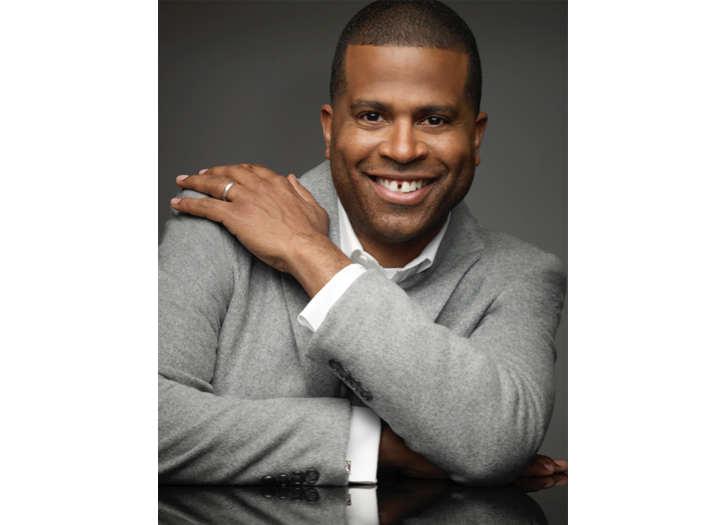The fight for equality and simply the basic rights as an American have been a constant battle as a community. With the recent murders of Breonna Taylor, Ahmaud Arbery, and George Floyd the cries of Black America are at deafening high – Pastor Dimas Salaberrios is making it his mission to heal and champion for justice with his initiative, “Stop the Silence.” Recently, a three night prayerful protest took place which was led by NYC faith leaders. “Stop the Silence” has given a space for comfort and Pastor Salaberrios leads the pact with tact and resilience. He recently shares more on this cause in a thoughtful interview.
“Stop the Silence” is such a powerful initiative – how was it organizing the event?
The idea for the event was conceived after going to Minneapolis and sitting with 10,000 young people and Pastor Bill Devlin and I being asked to pray for them. They were also curious about our experience in demanding justice for Freddie Gray, Philando Castile, and the victims of the Emanuel 9 shooting. I informed them we were tear gassed during every protest. When I returned to New York, I shared the story with 40 pastors and the “Stop the Silence” movement was created.
With all of the injustices in history, how do you think the loss of George Floyd and others have changed the world?
George Floyd was the most public execution people have witnessed at the hands of the police. Officer Derik Chauvin showed his disregard for the life of George Floyd as he ignored the wisdom crying from the streets. Officer Chauvin did not release his knee from George’s neck to allow the paramedics to do their job. George Floyd’s death showed every African American we are not, nor will we ever be, exempt from falling victim to police brutality. Any one of us could be left on the ground handcuffed, vulnerable, and begging for our life. It was time to galvanize as a human race to protect human rights and human lives.
In what ways do you make sure to keep the protests prayerful?
As a church community, we remember the life of George Floyd and focus on celebrating his life while fighting for justice. During each event, we pray for his children, his sister, his brother, his uncles, his cousins, and a host of other family members and loved ones. It’s important for us to provide compassion for the family during this time of bereavement.
What have the conversations been like during the protests?
The crowd often weeps a request for the ministers to pray for safety during this time of civil unrest. I have witnessed several police officers cry as well. We have been reinforcing the notion that safety comes first and everyone must continue to remain vigilant and implement extra precautions during this time.
What have been lessons learned during this moment for you?
I have learned that a soft answer turns away wrath. Cities around the nation need time to mourn, guidance on how to mourn and time to deal with the reality of racial insecurity. Our gatherings help people realize there is good in our communities, despite the looting, and violence the media has been broadcasting.
Moving forward, what can we expect in terms of other initiatives that may be done?
The team’s plan is for “Stop the Silence” to move into a precinct-by-precinct initiative and to push for revisions to police reform bills to be approved by Congress. In the meantime, we are planning additional peaceful protests in other cities across the country. Police brutality and injustice will not be fixed overnight, so we must continue to organize and demand change. Much of my experience can be found in my book Street God. The book discusseshow we mobilize the faith community to be more present in the streets. For additional “Stop the Silence” dates and cities, go to We Can Stop the Silence.
Photo Credit: Keith Major
For more information:







Add Comment